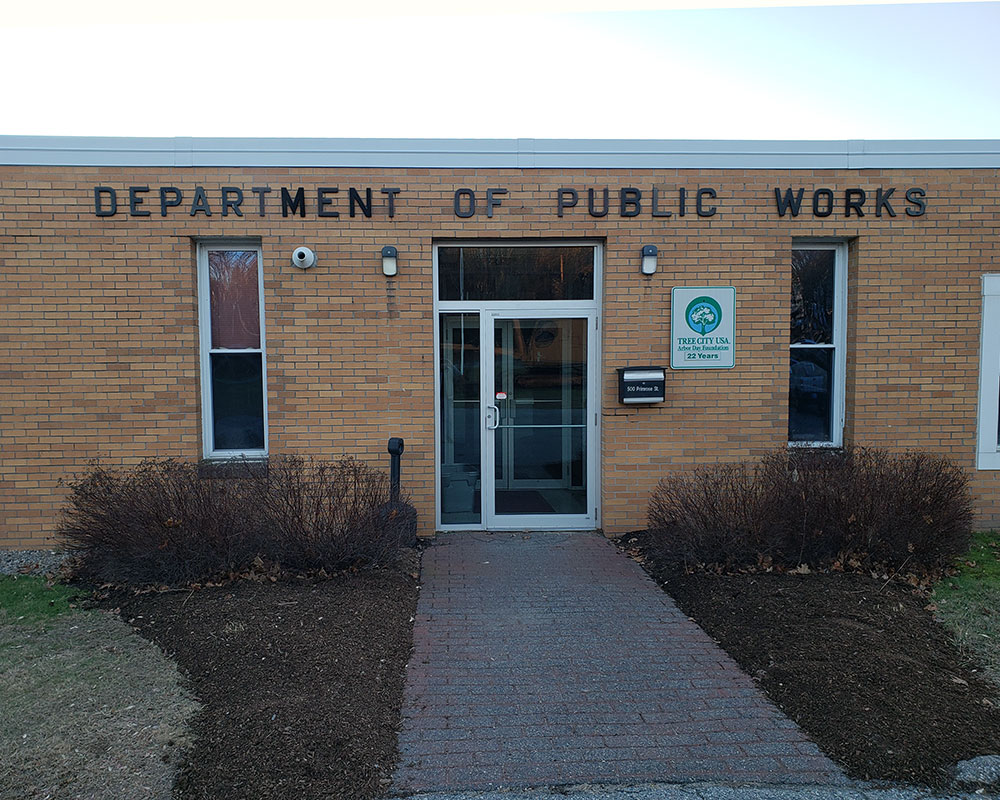Haverhill and area cities and towns all received state grants Thursday to bolster their recycling, composting and waste reduction programs.
The state Department of Environmental Protection awarded a $31,500 Recycling Dividends Program grant to Haverhill. City Recycling Manager Nick Aylward notes Haverhill was credited a total of nine points in 12 different categories.
These include two points for hosting a Center for Hard to Recycle Materials—CHARM, for short—such as electronics, appliances, propane tanks, fire extinguishers, batteries and items with mercury, among others; two points for leaf, grass and brush piles; a point each for compost bins, household hazardous waste, waste prevention education and outreach, an open Recycling Center for residents and textile recycling bins.
He added the money will be used to maintain programs as well as to create bilingual informational door hangers, expand the types of materials accepted at the Recycling Center, install a new recycling compactor and add security cameras to address illegal dumping around the city.
Aylward pointed out the city does not qualify for other programs that, for example, charge residents a fee based on their trash volume.
Other grants in the area include $56,000 to Lawrence; $42,000 to Methuen; $14,300 to North Andover; and $2,520 to Groveland. The money comes from $5.2 million in grants distributed to 283 communities and regional solid waste districts across Massachusetts.
“Some of the most important environmental protection work happens every day in communities across our state,” said Gov. Maura Healey. “These grants help further our collective efforts to meet our aggressive goal of 90% waste reduction by 2050, while also boosting local economies by investing in the waste reduction industry.”
Waste prevention and recycling reduces greenhouse gas emissions by capturing the energy within everyday product and packaging waste and converting it into new products.
“Recycling programs play a vital role in limiting our dependence on landfills and incinerators, reducing greenhouse gas emissions, and supporting economic activity across our state,” said Energy and Environmental Affairs Secretary Rebecca Tepper.
